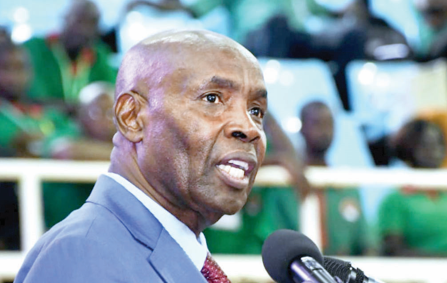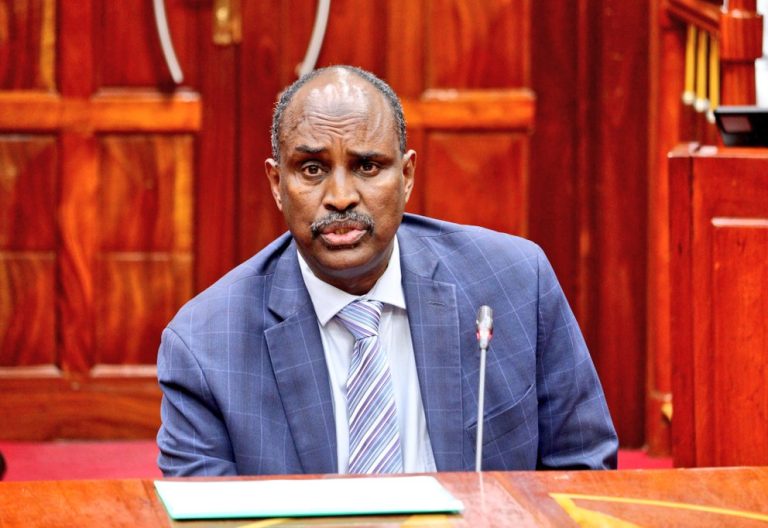State to employ 15,000 teachers in 2025

The Government said yesterday that it would be required to employ at least 15, 021 teachers when the first Competency Based Curriculum (CBC) class transits to Grade 9 in 2025.
Education Cabinet Secretary, Ezekiel Machogu however assured that the Government is making measures to ensure schools have the necessary infrastructure, where teachers and learners can perform effectively. He said the ministry is taking proactive steps to ensure that these schools have the infrastructure before then to ensure smooth transition.
“This Financial Year, Sh3.9 billion has been earmarked for the construction of classrooms for junior school. A further Sh9 billion will be provided by World Bank to support the construction of 9,000 classrooms,” said the CS during Kenya National Union of Teachers (KNUT) 63rd Annual Delegates Conference (ADC) at Kasarani, Nairobi.
This, he said, together with support from the National Government Constituency Development Fund, will ensure that the country is ready with the required 15,021 classrooms by 2025. He also said the Ministry understands that a teacher will function optimally in an enabling and conducive environment.
On capitation, he insisted that critical reforms have been undertaken to ensure schools and teachers are well facilitated.
This Financial Year, the Ministry reverted to the 50:30:20 capitation disbursement model, for term one, term two and term three, respectively.
The working party also made recommendations for the review of the capitation amounts and for the introduction of the minimum essential package for schools with less than optimum enrolment and the Ministry is working to progressively implement these.
Address challenges
On teacher shortage, he said the Government has committed to addressing the challenge and already employed 56,750 teachers, the highest number since independence.
“We will continue to progressively work to ensure that the challenge of teacher shortage is addressed in a sustainable manner, and that our schools are adequately resourced to the required ratios,” he said.
While teacher shortage is a countrywide problem, he said its impacts are unique in certain regions.
In places like North Eastern, parts of the North Rift and the Coast, he said there are teacher shortages attributed to general hardship and perceived insecurity in those areas.
“Teachers from other parts of the country, who are posted to schools in these areas often desert and or seek transfers, because of these challenges. The shortage is aggravated by the fact that there are low numbers of teacher trainees and trained teachers from the affected regions,” said the CS
As the challenge of teacher shortage is addressed, he said the Government is seeking to find a long-term solution to the unique challenges faced in these parts of the country.
“We are working together with the Teachers Service Commission (TSC) and other stakeholders to develop workable solutions, especially in line with the affirmative action imperatives in our Constitution,” he noted.
He said the Government is committed to working with unions to have a functioning, effective and efficient education system.
One of the objectives as a union, said Machogu, is to unite teachers and to provide them with a forum for cooperation.
“The objective of uniting teachers necessarily requires you to bring more teachers together and build your numbers. In the past, this union has had big numbers, upwards of 200,000 teachers in 2007.
I know these numbers have fallen in recent years, to just about 20,000. I am sure, however, that if the union continues to deliver quality services and to champion the interests of the teachers effectively, the numbers will grow again,” the CS said.
Trade unions
As this happens, he urged trade unions to be mindful of conditions the country is operating in even as they advance members’ interests
Machogu yesterday said the Government recognises the role that trade unions, including KNUT, play in the socio-economic and political advancement, noting that by agitating for the welfare of members, they are also indirectly fighting for the welfare of many other citizens.








